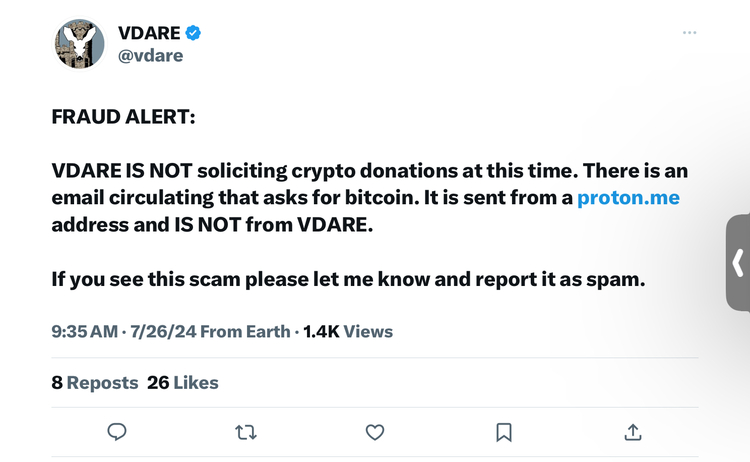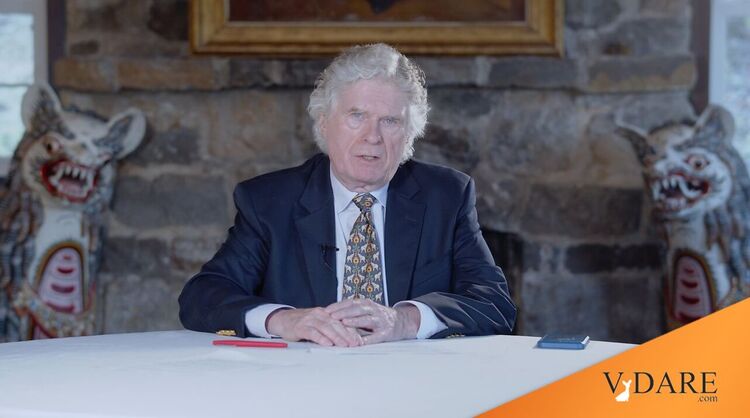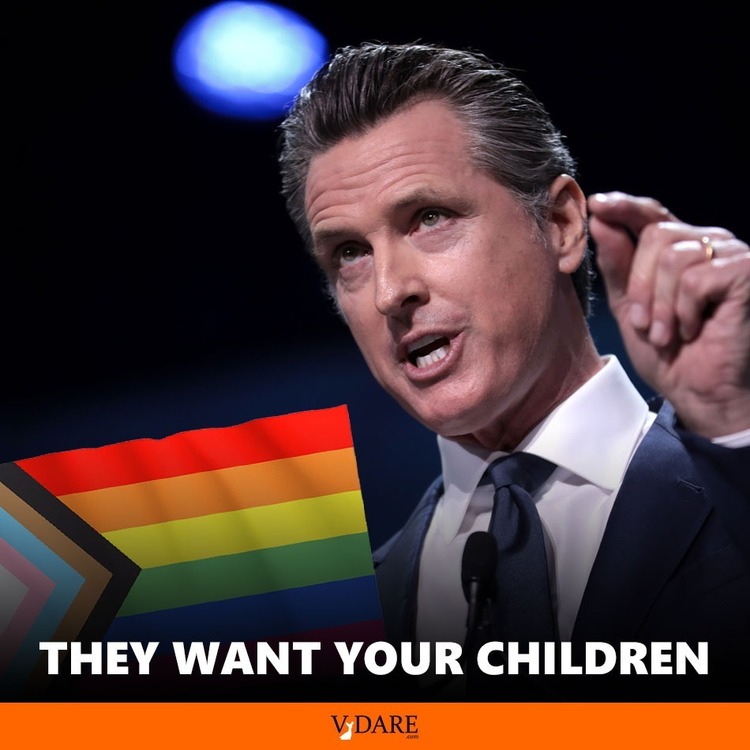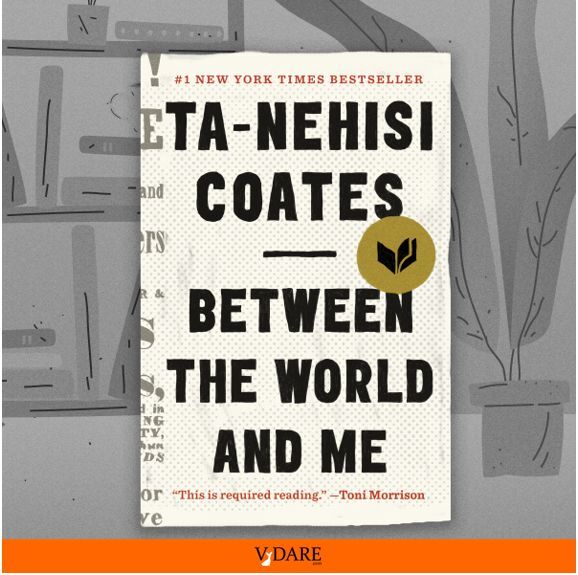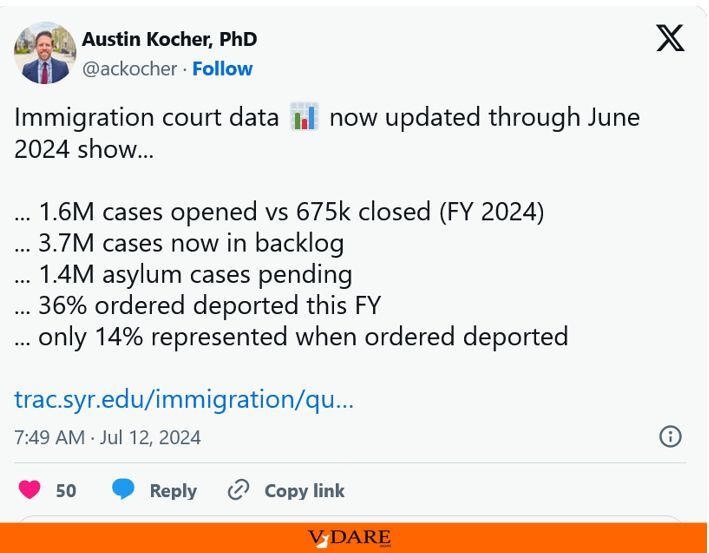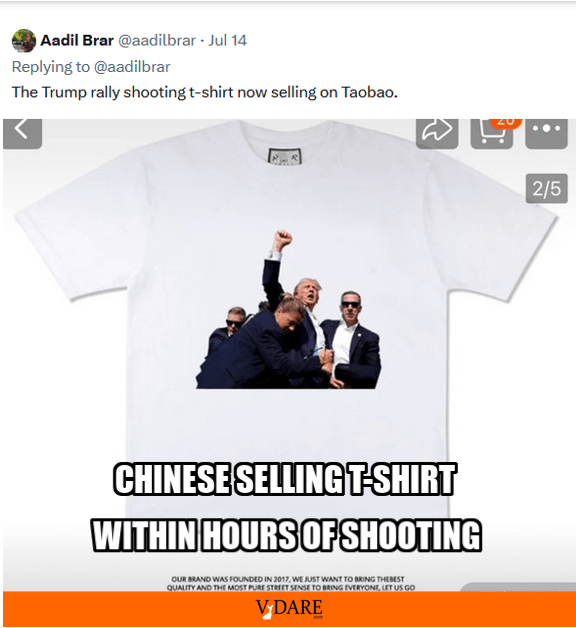 With the news that hate hoaxer Jussie Smollett is getting off with two days of community service and a $10k fine, here’s a relevant passage from my Taki’s Magazine review a few weeks ago of Wilfred Reilly’s book Hate Crime Hoaxes:
With the news that hate hoaxer Jussie Smollett is getting off with two days of community service and a $10k fine, here’s a relevant passage from my Taki’s Magazine review a few weeks ago of Wilfred Reilly’s book Hate Crime Hoaxes:
[Comment at Unz.com]Reilly endorses David Kopel’s mooted reform of recognizing that hate hoaxes, comic as they often are, should be no laughing matter legally. Instead, hate hoaxes spread fear and loathing of the targeted race and therefore should be punished as the hate crimes that they are. Kopel writes:
To the extent that arguments in favor of special hate crime laws are persuasive, the arguments for special anti-hate-crime-hoax laws are at least as persuasive. Hate crime laws are promoted under the theory that they send a message…that such crimes are especially heinous. Precisely the same can be said about hate crime hoaxes—which are often treated quite offhandedly by the authorities.
Of course, this raises the old arguments of whether the category of “hate crime” should exist at all.
I’ve come around to the belief that it’s not unreasonable for society to especially try to deter crimes motivated primarily not by basic sins such as rage, greed, or lust but by animus against a demographic category.
Similarly we tend to distinguish between crimes of passion and crimes of calculation—e.g., a man who kills his wife’s boyfriend upon discovering them in flagrante delicto will generally be treated by the law somewhat less harshly than a hired hit man who cold-bloodedly kills the lover for money.
Likewise, it’s not particularly controversial that certain categories of victims, such as children, police officers, and political candidates, are protected by stiffer sentences. The state of Louisiana treats policemen as a group protected by hate crime laws, which in the wake of the Black Lives Matter assassinations of recent years seems rational.
Similarly, it’s not unreasonable that crimes unmotivated by any personal beef, but simply by animosity toward an entire demographic group, are particularly obnoxious and threatening to the public peace and thus should be deterred by higher penalties. …
But this concept also means that the law should distinguish between “hate crimes” in which animus against a group rather than a person was the motivation and “anger crimes” in which the aggressor’s motivation was to harm a particular individual. That would mean that punishing a criminal additionally for, say, shouting a racial epithet in the heat of a fight would not be considered a hate crime.
It’s essential for the sake of justice that hate crimes be defined objectively rather than making it a hate crime for, say, a white person to “punch down” at a black but not for a black person to “punch up” at a white. Violence motivated by animus toward a racial group should be punished equally no matter who punches whom.
This, however, is considered a highly controversial point of view by the ACLU.
If the goal of hate crime legislation is not merely to punch up at whites but to deter crimes that increase society’s overall level of racial animosity, then interracial hate hoaxes should be punished especially hard.
This raises the question of whether motivations in lying to the cops should be carefully assessed, or whether interracial hoaxes should simply be treated as offenses against public order no matter what the reason. For example, how much does it matter what Susan Smith’s or Jussie Smollett’s motives were in making up their stories about attackers of another race?
Smith likely wasn’t trying to make blacks looks bad; she was instead trying to get away with murdering her children. Blaming a black man was a handy lie for her. But it was a bad thing to do (even beyond the child-murdering).
Targeting whites for opprobrium was probably more central to Smollett’s conspiracy, but he might phrase his motivation as more that of helping his friend Sen. Kamala Harris replace the hated Donald Trump as president.
But perhaps it isn’t helpful or necessary to try to untangle the confused thinking of a Smith or a Jollett? Maybe we should just automatically increase the penalty for lying to the cops if the lie crosses racial lines? If you are going to make up a criminal who victimized you, at least make up one of your own race. It’s less bad for everybody that way.
This logic leads to another idea, one I associate with Jared Taylor: Perhaps all crimes should be punished more severely if their victims are of another race. If you like to rob or brawl, stick with people of your own kind.
I’m not sure that I’m ready to go that far, but growing diversity may lead us to these kinds of laws simply to preserve the peace.


